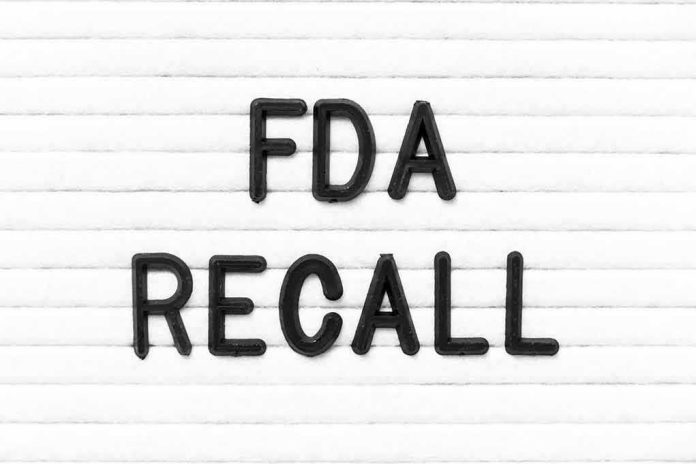
American families face a disturbing new threat as radioactive contamination spreads through the nation’s food supply, with the FDA expanding recalls of frozen shrimp brands containing cesium-137.
Story Overview
- FDA expands radioactive shrimp recalls after detecting cesium-137 in Indonesian imports
- Major brands including Walmart’s Great Value affected by contamination from PT. Bahari Makmur Sejati
- U.S. border screening prevented contaminated products from reaching store shelves
- Indonesian processor placed on import alert, highlighting failures in foreign food safety standards
Border Security Saves American Families
U.S. Customs and Border Protection detected cesium-137 contamination in frozen shrimp containers at four major ports. CBP’s vigilant screening at Los Angeles, Houston, Savannah, and Miami prevented radioactive seafood from reaching American dinner tables. The FDA confirmed cesium-137 presence in breaded shrimp samples from Indonesian processor PT. Bahari Makmur Sejati, prompting immediate action to protect consumers from this unprecedented threat.
Foreign Food Safety Failures Exposed
The contamination originated from PT. Bahari Makmur Sejati, an Indonesian seafood processor whose products reached major American retail chains. This incident highlights the risks of America’s dependence on foreign food suppliers who operate under lax safety standards. The FDA placed BMS Foods on a chemical contamination import alert, but the damage to consumer confidence already occurred. American families deserve better protection from substandard foreign imports that threaten public health.
Recall Expansion Demonstrates Ongoing Risk
Multiple distributors including Southwind Foods, Beaver Street Fisheries, and AquaStar issued voluntary recalls for affected shrimp brands. Major retailers like Walmart faced product recalls of their Great Value frozen shrimp lines distributed across numerous states. The FDA recommended recalls even for products not testing positive due to concerns about insanitary processing conditions at the Indonesian facility, revealing systematic problems beyond just radioactive contamination.
Trump Administration Must Strengthen Import Controls
While detected cesium-137 levels remained below FDA intervention thresholds, this incident exposes dangerous gaps in America’s food security. The contamination demonstrates how foreign suppliers can compromise American food safety despite existing screening measures. President Trump’s administration must implement stricter import controls and enhance domestic food production to reduce dependence on unreliable foreign sources. American families should not face radioactive contamination risks from poorly regulated international suppliers.
Are you still eating imported seafood? What is it going to take?
FDA Expands Warning of Radioactive Shrimp as Two More Brands Recalledhttps://t.co/aHQJsiqe2j
— Amber Lake Farm(stead) 🕊️ (@AmberLakeFarm) September 22, 2025
The ongoing FDA investigation continues monitoring potential contamination sources while coordinating with Indonesian authorities. However, this reactive approach fails to address the fundamental problem of America’s over-reliance on foreign food imports from countries with inadequate safety standards.
Sources:
No Small Matter: Cs-137 Contaminating Shrimp – American Nuclear Society
FDA Advises Public Not to Eat, Sell, or Serve Certain Imported Frozen Shrimp from Indonesian Firm










